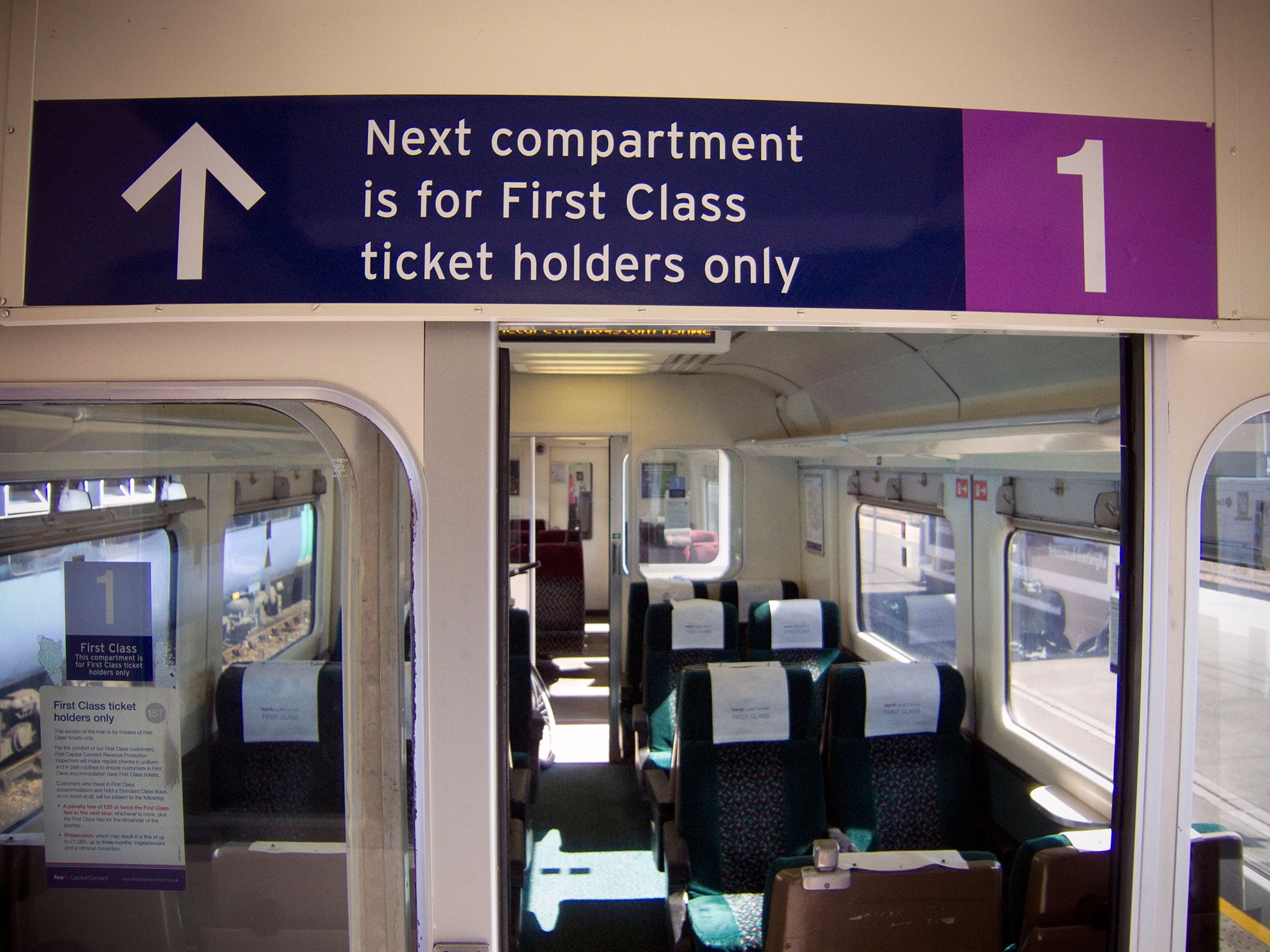High-speed rail? We care more about whether the wifi on trains works
The debate surrounding HS2 should force politicians to take a more considered, holistic view of Britain’s transport needs, writes Chris Blackhurst


For almost a year now, I’ve been going regularly up and down from London to Cumbria to visit my elderly parents. I can do it there and back, comfortably, in a day.
In case you wonder where this is going, let me tell you, such a trip would have been unthinkable when I was growing up in the northwest. Then, London was five hours plus away, at least by train. Today it’s a much more manageable three and a half hours. And, mostly, the trains have run on time.
Which is why I’ve never understood the need for HS2, and why, thank goodness, the government’s decision to review the mammoth project, with a view to scaling it back or scrapping it completely is welcome.
Of course, there are those who say this is a political ploy, that the scheme, linking London to Birmingham, Manchester and Leeds, is opposed by many Tory MPs and activists. By ordering an inquiry, Downing Street is parking the controversy for now, until after the next election.
A study, though, into whether the new service is actually needed, and if the estimated £56bn cost is justified, is surely urgently required. Already £6.3bn has been spent, and this without construction beginning. Even that £56bn total looks questionable: Boris Johnson himself has said it would “probably cost north of £100bn”.
This, by any stretch, is a colossal amount for a railway that will trim only minutes off current journey times, and add some extra capacity.
Even the proponents of HS2 seem hazy as to its exact objectives. First, we were told it was all about speed, that the trains would hit 250mph. Then, as it became apparent that figure was unattainable, there was a shift, towards carrying more passengers.
I would stop there, and ask the review team to consider the present position. At Euston I can’t help but notice the empty first-class carriages as I make my way towards standard. If they want to cater for additional people, lay on more standard compartments – cut down the first-class provision and create more spaces in standard, at fares that folk can afford and want to pay.
Make the trains more frequent. Add more trains to travel between London and the northwest.
These are simple steps that would immediately improve the line. Even better, boost the wifi and mobile signal so that users can work and watch their favourite films and programmes without interruption.
I suspect I am like most travellers in that I’m not bothered saving a few minutes, provided my experience is comfortable, and by that I mean I am able to work without being cut off, and the trains run on time. A reduction in 10 or 20 minutes will not make a scrap of difference.
Hopefully, the inquiry will focus on the real need regarding trains in the north, which is for much better cross-country links. For reasons I never understood, this gaping hole is only intended to be plugged after HS2, once the main, Y-shaped, route from London to Birmingham, Leeds and Manchester has been built.
Everyone I’ve spoken to in the north says this is the wrong way round. The most pressing case is for the network from Liverpool, across to Manchester, Leeds and Sheffield, and the trains serving the satellite towns, to be transformed. That’s where the difficulty lies, in simply getting around the north, not in going to and from London.
Possibly those in the capital never fully appreciated this issue. Probably, too, they were seduced by the thought that the shorter times would draw the west midlands into the commuter belt, and help relieve London’s housing problem. The rarely spoken of benefit of HS2 was that essential workers could live in cheaper property near Birmingham while holding down their vital jobs in London.
To that end, however, ploughing in £56bn upwards to make that possible seemed inefficient – far more sensible would be to take that money and use it to build more affordable homes in the southeast.
It seems perverse that we’ve got this far, where, to date, more than 900 properties have been compulsorily acquired, and an army of advisers and planners has been assembled on eye-watering pay levels versus the public sector, against a backdrop of rows – and only now a new prime minister has stepped in.
The HS2 debacle should force those in Whitehall to take a considered, holistic view of Britain’s transport needs, and not to become carried away on supposedly flagship proposals that will not change very much. They were happy to pump, let’s say, Boris’s total of £100bn into a prestige rail service, when the existing service is perfectly adequate (and, as I repeat, unrecognisable from the one of my childhood) and when other, unheralded local routes are appalling.
That’s just trains. We still do not have a motorway to the northeast of England from London, and there is still only one motorway across the Pennines. That’s just the north. Getting to and from the west country in the summer often entails sitting in one long traffic jam. East Anglia can feel marooned, reachable by one, crowded carriageway. I could go on.
Finally, where HS2 is concerned, common sense is prevailing. We should go on now, and seize the moment to develop a coherent, properly thought-through transport strategy.
Join our commenting forum
Join thought-provoking conversations, follow other Independent readers and see their replies
Comments
Bookmark popover
Removed from bookmarks